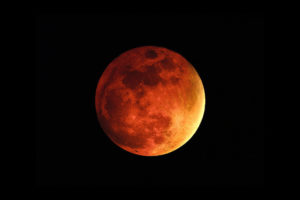
The race to be first in any field has rendered the environment, earth or space, as a battleground for all nations. Space explorations have indeed created a possibility for States to colonize not just the earth but the entire solar system. As the human society advances so does its technological abilities. Earlier we had government space programs, but today we have large corporates investing and betting big on this industry.
Whether its Cassini Orbiter, which gave us an ephemeral view of the Saturn, its rings and its moons or the latest —NASA’s Parker Solar Probe, which will be the first to touch the sun’s surface or NASA’s Insight Mars Lander which will study the interiors of red planet. All these are a part of a bouquet of probes and missions launched in the last 61 years, with the first being the Soviet uncrewed Sputnik 1 (“Satellite 1”) mission on 4 October 1957.
Use of Space exploration as a diplomatic tool became prevalent in context of Cold War— which saw a power struggle between the US and Soviet Union fought with all might, only exception being a traditional ground war. This was clearly manifested in nuclear weapons arms race, cultural— sports rivalries, and clearly in the space race. The utility of space science as a geopolitical tool is indeed noteworthy here. Even though much has changed since then, still the space exploration race is a key means to an end till date—with countries like China, EU, India, Japan etc. participating in this new geopolitics of space story. The political climate has changed tremendously with countries now trying to prove their expertise and dominance in the field.
Subsequently then countries have placed space exploration at the top end of the political spectrum leveraging the scientific expertise, with an expectation of a possible return on investment. Space exploration is an idea which has been endorsed by some of the renowned scientists as well, like late Stephen Hawking.

Today space exploration is both a political agenda, i.e. to prove space superiority, and global community agenda, to secure future of human civilization. Several countries are fast developing their skills and technology, many seeking technology transfer to further the cause. On 5th May as NASA’s Insight Mars Lander will be launched, the global community definitely will take a step forward; as this instrument is meant to analyze the internal environment of the mars and thereby deduce the very conception of the world, our earth itself.
Today the value of such probes, missions or launch of satellites cannot be ignored— yes nuclear threats are a real but the space race is the future. Maybe China, the EU, India, Japan, or even nations like Brazil and Mexico can become major players in space. The more advanced the technological innovation and greater the investment— bigger would be the geopolitical upshot.
